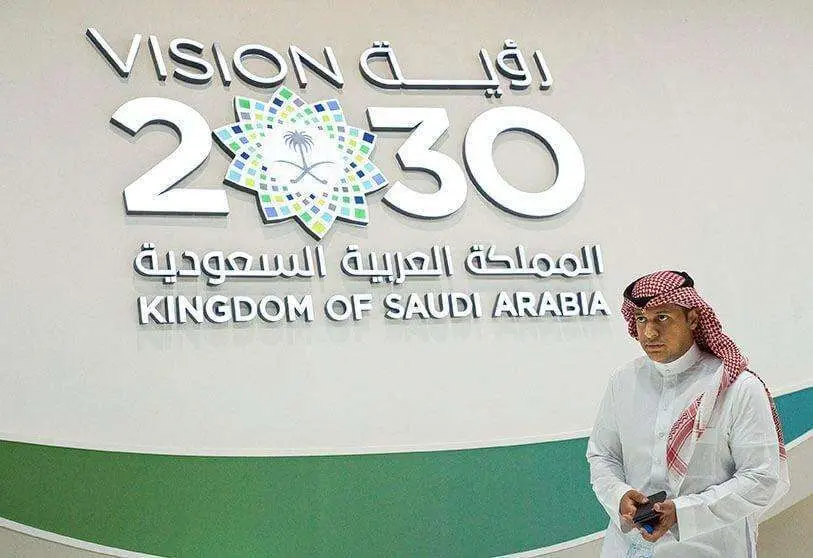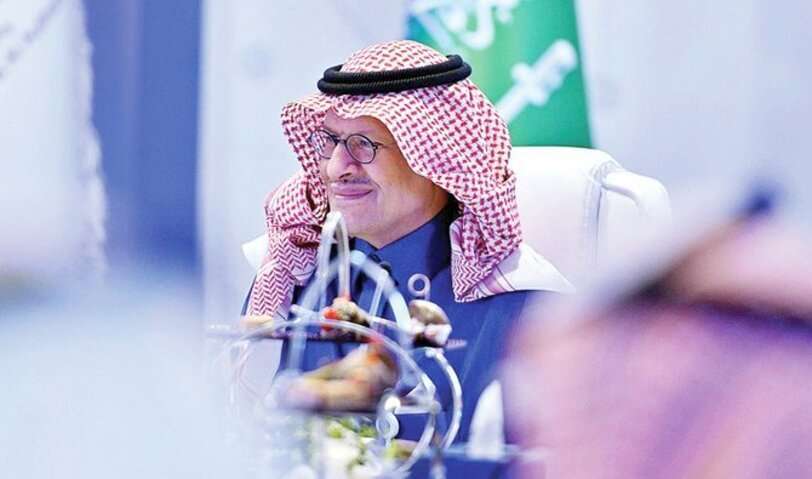Saudi Arabia will boost the energy sector with a new artificial intelligence (AI) centre

A new AI center for energy has been inaugurated with the signing of an MoU between the Saudi Ministry of Energy and the Saudi Data and Artificial Intelligence Authority (SDAIA).
This will boost the Kingdom’s efforts in improving its ranks in leading international data and AI indicators. The MoU signed by Saudi Minister of Energy Prince Abdul Aziz bin Salman and the head of the SDAIA, Dr. Abdullah bin Sharaf Al-Ghamdi, is also aimed at contributing to the development of national cadres’ capabilities and the Kingdom’s AI methodologies.
The memorandum of undestanding (MoU) comes within the scope of supporting government integration between the ministry and SDAIA to achieve their common goals in supporting, developing, reviewing and implementing data and AI strategies in the energy and gas sectors. The Saudi authorities claim that the new centre will help to promote AI research and development efforts, support innovation and enable entrepreneurship.
The center will focus on four strategic objectives: Promoting national energy priorities, developing AI to benefit knowledge, accumulating experiences in the field of energy, and leading the AI aspect of the Kingdom’s energy-related strategic partnerships.
“By 2024, 70 percent of the institutions will be using the AI-based infrastructure and smart cloud services, greatly easing the concerns regarding the institutions’ integration and expansion. In addition, more than 50 percent of the institutions will be resorting to AI services to expand their application portfolios by 2023,” Prince Abdul Aziz said.
“The energy system believes in the importance of integration and working as a joint government team with the various relevant bodies, taking into consideration each body’s responsibility and nature of work,” Prince Abdul Aziz said. He stressed the significance of the relationship between the energy and data and AI sectors in the Kingdom, “as the energy sector constitutes 40 percent of the Kingdom’s GDP with more than 270,000 employees. Data in the energy sector are considered a great asset and represent a golden opportunity to enhance the Kingdom’s position in terms of adopting AI in the energy sector.”
Companies such as Huawei will support in training Saudi AI engineers and students. The national AI talent programme will provide professional training for university students, researchers and developers to master AI technologies and tools.

Diversifying the economy
By promoting competitiveness in the energy sector, it will have a favourable impact on achieving the goals of reaching more than 15,000 data and AI specialists by 2030 and boosting cooperation with the largest national and international companies in the fields of energy and AI to localize the technology and stimulate AI-related investments. NSDAI seeks to reach SR75 billion ($19.996 billion) in local and foreign investments in data and AI by 2030.
At the end of October last year, Riyadh launched a national AI strategy aimed at making the country a leader in the sector while diversifying its largely oil-based economy.
“Saudi Arabia will implement a multi-phase, multi-faceted plan that includes skills, policy and regulation, investment, research and innovation, and ecosystem development,” said a communiqué from the Global AI Summit held at the time.








